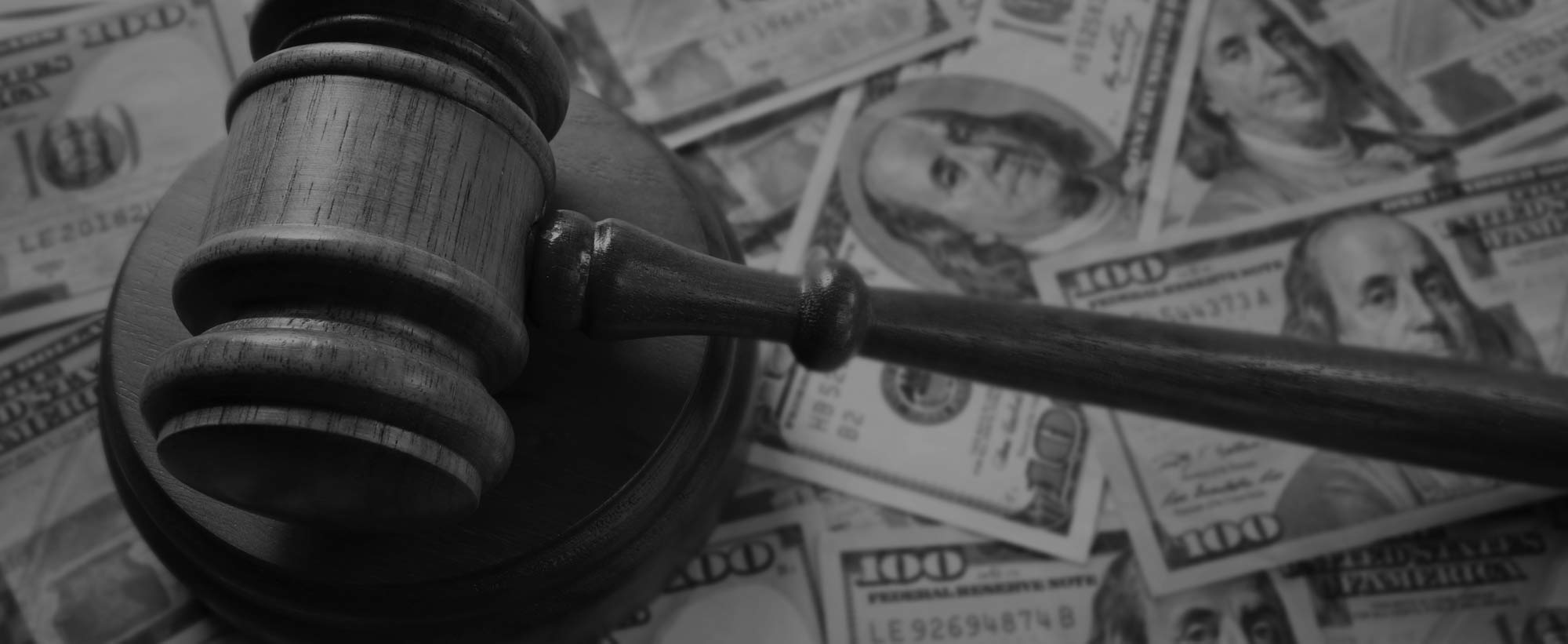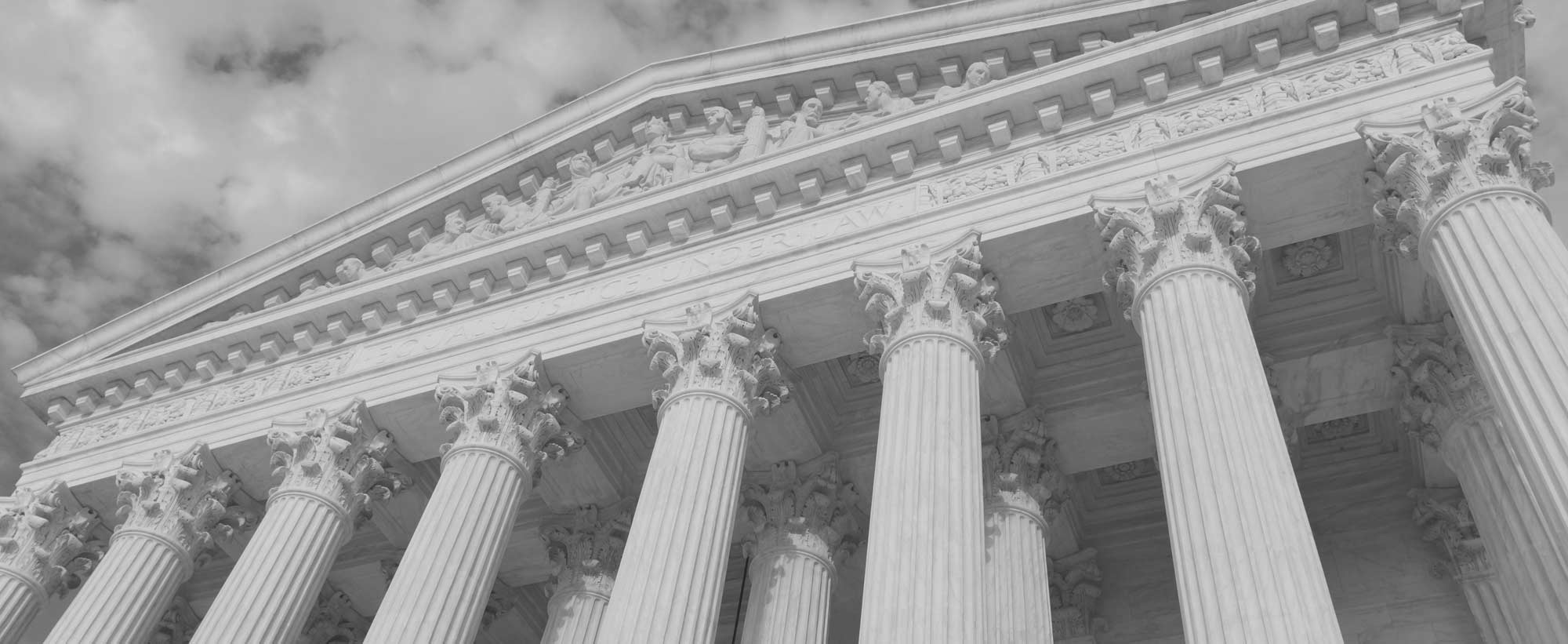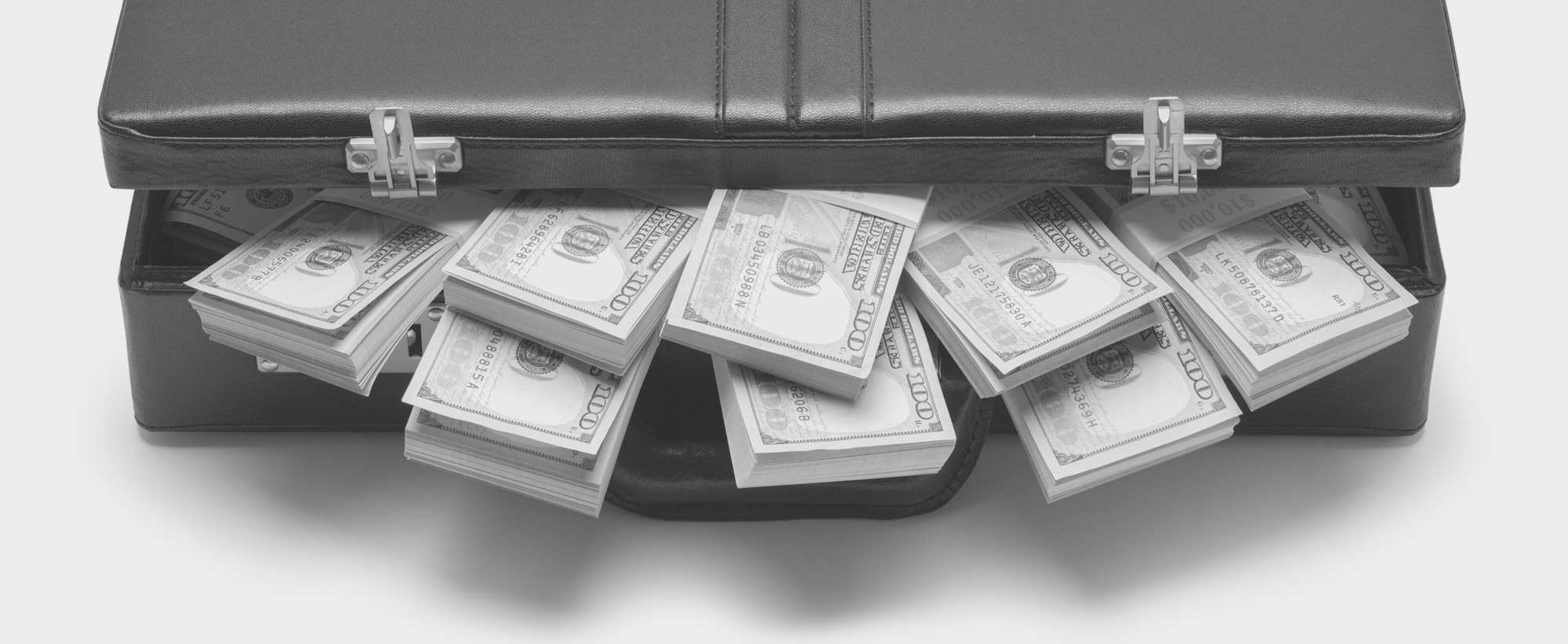Filing for bankruptcy can make you feel like a failure. Thousands of people file for bankruptcy every year – even celebrities. Just check out our list of celebrities that have declared bankruptcy and been able to rebuild.
Celebrities Go Bankrupt Too
Donald Trump. By now everyone knows that real estate mogul and current President, Donald Trump has filed for bankruptcy numerous times. He first filed a Chapter 11 bankruptcy in 1992, and then again in 2004 for his casino empire to reorganize his business after creditor negotiations failed. He’s obviously been able to rebuild and is now the President of the United States.
50 Cent. In 2015, rapper “50 Cent” filed for bankruptcy days after he was ordered to pay $5 million to a woman who alleged he posted a sex tape of her online without permission. His assets and liabilities were in the $10 million to $50 million range. By declaring bankruptcy he was able to enact an automatic stay which paused any legal movements that could have been taken against him as a result of the allegations against him.
Abraham Lincoln. The 16th President of the United States of America declared bankruptcy in 1833 as the result of a failed business. Back then, it was required that those who filed for bankruptcy pay their creditors back over a period of 17 years. The maximum requirement term for Chapter 13 in current times is 5 years.
Cyndi Lauper. The “Girls Just Want to Have Fun” singer filed bankruptcy in 1981 after splitting with her band, Blue Angel. She was then sued by her manager for breach of contract. Three years later she released “Girls Just Want to Have Fun,” the hit she is famous for.
The Decision to Declare Bankruptcy
Filing for bankruptcy allows you to clear your debt and give you a fresh financial start. Many factors need to be considered before you decide to go through with bankruptcy. It’s not something that should be entered into lightly. It can impact your credit score and other aspects of your life for a long period of time, and should not be seen as a “get out of debt quickly” option.
Before you declare bankruptcy, evaluate your options. Consider working with a bankruptcy attorney to assess your situation. What are the types of debt you have and what are your goals when it comes to that debt? A bankruptcy filing will not eliminate certain forms a debt, such as student loan debt. In these cases, bankruptcy might not help, but a bankruptcy attorney still might be able to help you find a way to manage your debt.
It’s important to remember that many creditors will work with you to settle debt. They are often very willing to work with you on repayment plans that would allow you to avoid filing for bankruptcy.
Qualifying for Bankruptcy
If you do decide that bankruptcy is the option you’re going to take, you will need to determine if you are eligible to file.
You will also need to understand the type of bankruptcy you are filing. Here are the two most common forms of personal bankruptcy:
Chapter 7: This is also called liquidation bankruptcy. In Chapter 7 bankruptcy, a bankruptcy trustee cancels many (or all) of your debts. Some of these debts can also be liquidated (or sold) to repay creditors. To qualify, your income must be low enough to pass a standard bankruptcy means test.
Chapter 13: This is also called reorganization bankruptcy. In Chapter 13 bankruptcy, you are able to keep your property, but you reorganize your debt in order to pay back all, or a portion, of your debt over a three to five-year period. To qualify, your amount of debt cannot exceed certain dollar limits.
How to Determine What Form of Bankruptcy to File
The type of bankruptcy you file, either Chapter 7 or Chapter 13 bankruptcy, depends on numerous circumstances, including:
- types of debt you have
- your income and expenses
- whether you own nonexempt property
- goals you wish to achieve through filing
Once you determine these things, you should work with a bankruptcy attorney to determine next steps. You will also want to look at your timing, and what debts are coming due (if they are not already post-due). You might decide that you need to file an emergency bankruptcy.
Business Bankruptcy – Chapter 11 Bankruptcy
There is also another form of bankruptcy specifically for business. Under Chapter 11 bankruptcy, a business or individual undergoes a reorganization in order to pay down its debt and reorganize its income and expenses while regaining its profits. If your business is a corporation, limited liability company (LLC) or partnership, it can continue business operations during the bankruptcy process. While the business is making payments through the debt repayment plan, the business continues operating.
A discharge of debts is the main reason you enter Chapter 11 bankruptcy, and it happens after you have made all required payments to your unsecured creditor class. After paying everything off you will ask the court for a discharge of the remainder of your unsecured debts. This motion prevents any of these creditors from collecting on any of the debts in the plan. This is the end of your Chapter 11 bankruptcy.
Working with a Bankruptcy Attorney
Facing debt can be overwhelming. The bills can continue to pile up and the creditors can continue to harass you unless you take responsibility and take action. Working with a bankruptcy attorney to guide you through the process of debt consolidation and/or bankruptcy is the first step to getting back on to solid financial footing. The laws regarding bankruptcy can also be confusing. Because of this, it’s highly advised that you work with a bankruptcy attorney such as the ones at Resnilk Hayes Moradi that can walk you through the process and clarify any questions or concerns you might have. There can be a lot of questions during this extremely stressful time and we are happy to help you plan how to move forward with a solid financial future.
5455 Wilshire Blvd STE12000
Los Angeles, CA 90036
Phone: (213) 699-3055
https://ibankruptcyattorneys.com



